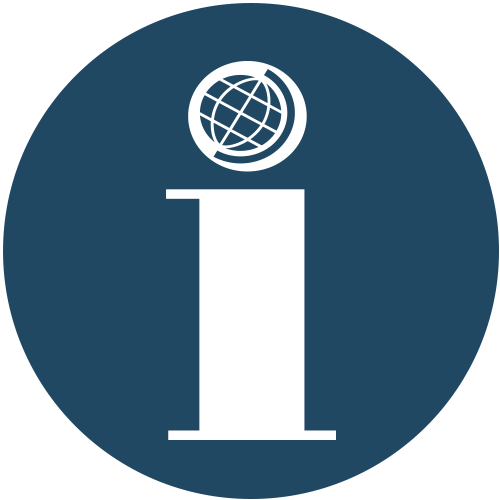Contributing to the “Covid-19 and the Social Sciences” essay series, Oscar Abedi, Maria Eriksson Baaz, David Mwambari, Swati Parashar, Anju Oseema Maria Toppo, and James Vincent outline various paths toward reducing field research’s potential for exploitation, especially that of Global South collaborators. The pandemic has highlighted inequalities and immobility that differently affect facilitating researchers and contracting researchers. In response, the authors identify key issues that institutions, publishers, and individual researchers must reflect on in order to counteract these imbalances—and take advantage of an opportunity to fundamentally transform field research into collaborative knowledge production.













